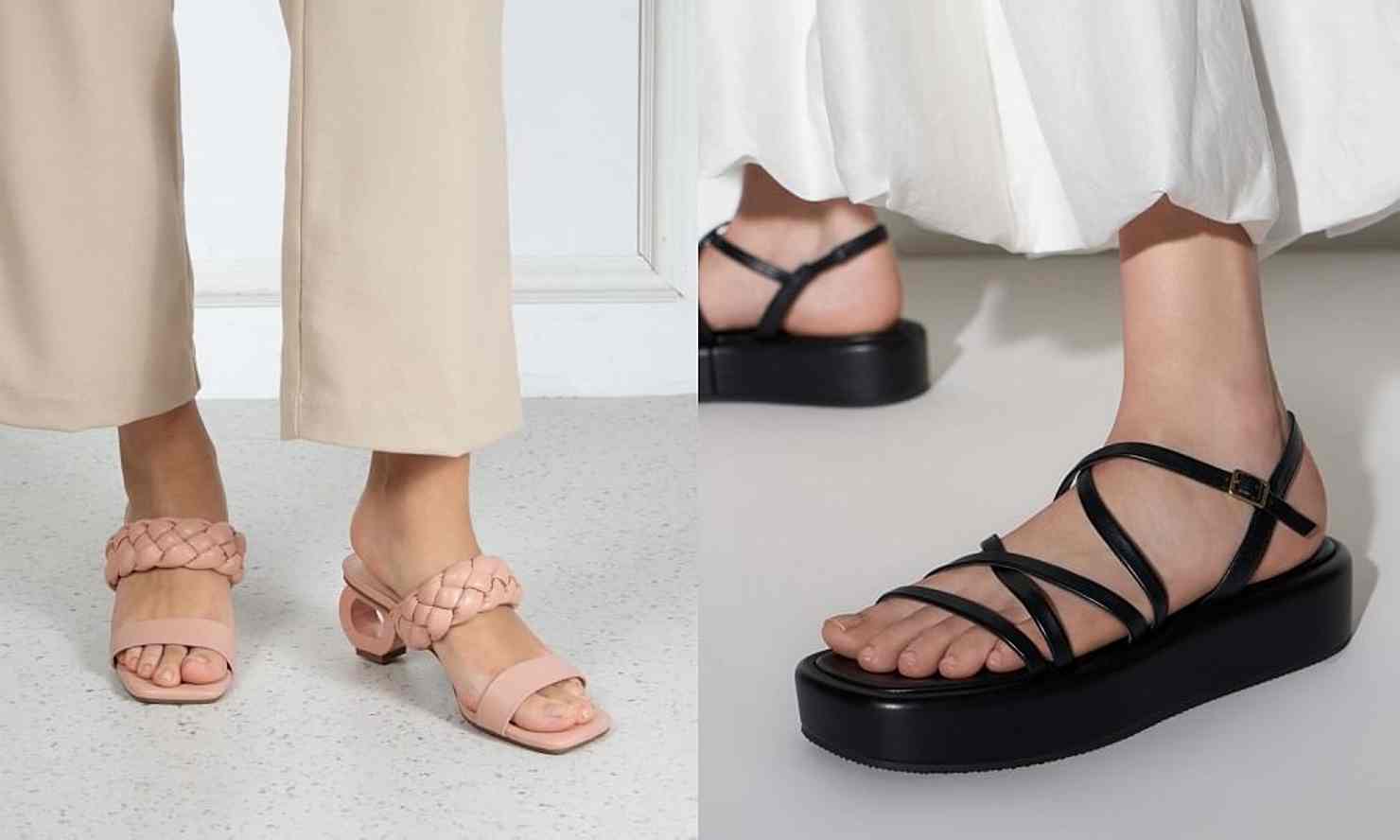
While you are pregnant you are dealing with morning sickness, nausea and tiredness, plus you are busy getting clothes for your baby, diapers, a cot, thinking about finances … and so many more things. With so much to think about, from stretch marks to nutrition, it’s easy to neglect your teeth when you are pregnant.
But what many women do not realise is that the hormones flooding your body during pregnancy – particularly progesterone – can cause your teeth to be more sensitive to plaque. And this can raise your risk of gum disease and even tooth loss. In the past, there was nothing much you could do about this problem – which is why there are old sayings like “A woman loses a tooth for every child”.
The further you go in your pregnancy, the more vulnerable your gums become to the plaque and bacteria that are naturally in your mouth. Dentist Dr Robert Hirsch explains, ” Especially in the last trimester, if you have a little bit of plaque, your teeth and gums can react badly. They can become red, inflamed, and bleed when you brush your teeth. When people see that blood it can put them off brushing, and the plaque gets worse.”
READ NEXT
If gum inflammation is not treated properly it can cause the more severe problem of periodontitis, or gum disease. “This destroys the gum and teeth, and can also damage the underlying bone in the jaw,” explains Dr Hirsch. “And if women have this gum disease problem during pregnancy there is some evidence that they can also end up with premature birth and a baby with lower birth weight. Periodontitis has also been linked to a higher risk of pre-eclampsia and gestational diabetes.”
How Pregnancy Affects Your Teeth (And How To Keep Your Smile Healthy)
Morning Sickness and your teeth
image
Morning sickness can be hard on your teeth during pregnancy. “If you are throwing up, the gastric acids can make your teeth more sensitive and dissolve the enamel” explains Dr Hirsch. And if you are trying to satisfy pregnancy food cravings with sweet or sticky foods you can increase your risk of plaque and decay.”
if you vomit during your pregnancy, rinse your mouth with water. Do not brush your teeth for 30 minutes, because the acid in the vomit softens the tooth enamel and brushing will only cause further damage.
Another possible problem is what’s called a pregnancy tumor. These swellings usually happen in the last trimester and are usually benign, not cancer. They grow when an area of the gum begins to grow an extra tooth, for no apparent reason, The welling can affect your ability to bite – but it can be easily managed by a dental surgeon or dental specialist.
123RF
Pre-pregnancy plaque check
image
The key to keeping your teeth and gums healthy when you are pregnant is to stick to a good dental hygiene routine that includes careful brushing and flossing.
Says Dr Hirsch, ” Have a dentist check your teeth before your pregnancy – or in the early stages – so they can give your teeth a thorough clean and get rid of the plaque, especially any under the gumline. This can prevent trouble later.”
And do keep up your regular dental visits during pregnancy – just let your dentist know that you are pregnant so you can avoid unnecessary X-Rays.
123RF
Antiseptic mouthwash to prevent gum damage
image
If you have red or swoolen gums, you can ask your dentist or doctor for a prescription for mouthwash that contains antiseptic Chlorhexidine. You can also ask your dentist for a prescription for Chlorhexidine-chitosan geland use it instead of your toothpaste when you brush your teeth. Studies show this gel can improve gum healing.
Read Next
Bauer Syndication / ARE Media.
123RF





